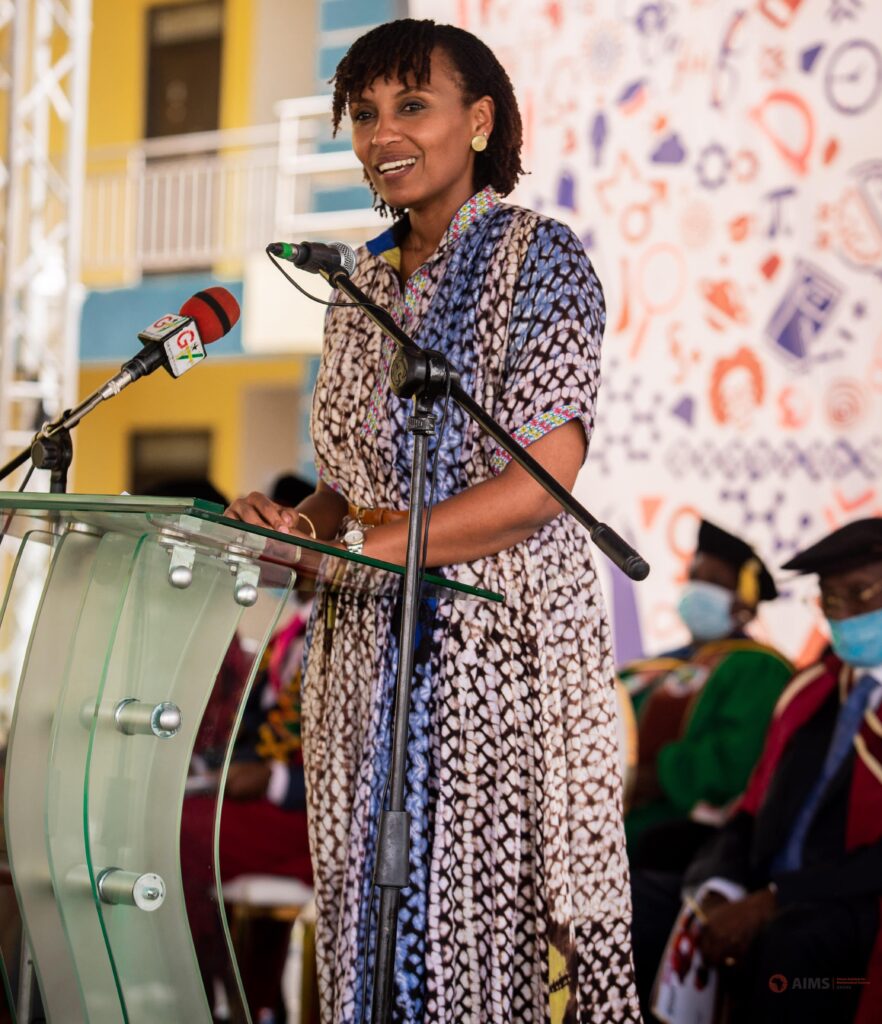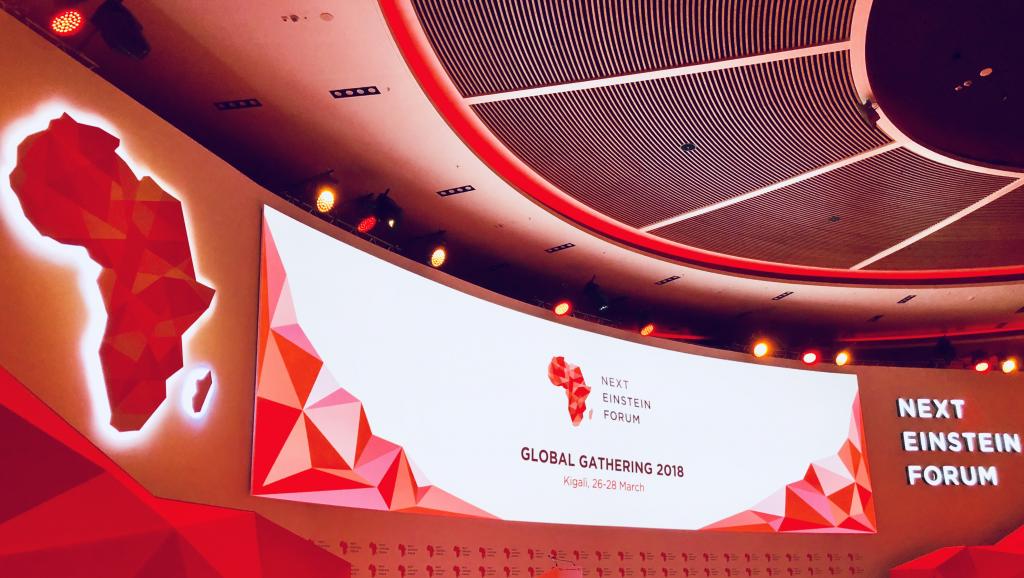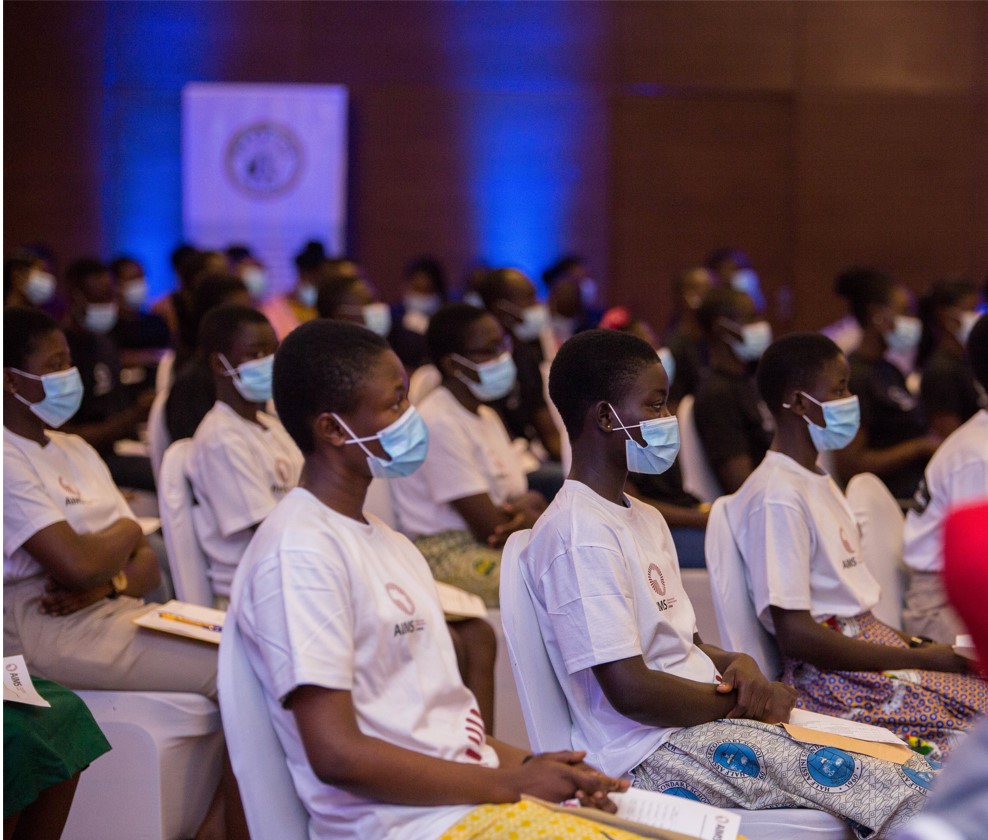According to the United Nations Educational, Scientific and Cultural Organization (UNESCO), the COVID-19 situation is causing a disruption in various education systems affecting many: both young and old at an unprecedented rate. Pre-existing inequalities with regards to access to meaningful literacy learning opportunities have also drastically increased affecting about 773 million non-literate people.
Due to these occurrences, there has been a halt on numerous literacy programs as they would have been run based on their usual in-person modes of operation. While this remains an ever-growing challenge, it is worthy to highlight the accomplishments of STEM education and how scientific advances in Information Technology (IT) have provided virtual platforms to the world, supporting and managing the current problem.
Virtual meeting platforms now serve as classrooms, becoming interventions to fight the increasing challenges surrounding meeting restrictions, which negatively affect literacy development. However, the major issue now is providing equitable access to these learning platforms as well as the skills and expertise required to utilize them, in order to support literacy advancement.
Through multiple initiatives, the AIMS Global Network has supported the progression of literacy, especially in STEM using a hybrid mode of operation (virtual and in-person). The Next Einstein Forum (NEF), Quantum Leap Africa (QLA) and the AIMS ESMT Industry Immersion Program are major international stages supporting the STEM agenda, especially in Mathematical Advancement and Application.
Additionally, with regards to training across the 5 AIMS Centres, programs such as the Masters in Mathematical Sciences for Teachers, the Girls in Mathematical Sciences Program here in Ghana, the Teachers Training Program in Rwanda, the Co-operative Education Program in Cameroon, the Skills for Employability Program in Senegal among others, all facilitate literacy across the African Continent.
Across the globe, International Literacy Day (ILD) was celebrated on the 8th of September 2021, under the theme “Literacy for a human-centred recovery: Narrowing the digital divide”.
The aim was to explore how literacy can contribute to building a solid foundation for recovery. It also focused on what makes technology-enabled literacy learning inclusive and meaningful, to prevent anyone from being left behind.
Narrowing the Gender Divide in STEM Literacy within Ghana
AIMS Ghana through multiple initiatives has targeted Literacy advancement in STEM, especially in Mathematics through its activities. With the recent launch of the Girls in Mathematical Sciences Program (GMSP), the Centre seeks to contribute to bridging the global gender gap with regards to literacy, interest and participation in STEM for girls and women in Ghana, extending to the African continent and the world at large. This gender divide in STEM literacy is overwhelming with Ghana recording 18% as its quota of females within Tertiary Institutions, enrolled in STEM courses.
With such a low literacy disparity in relation to their male counterparts, the Girls in Mathematical Sciences Program serves as an intervention to address the growing problem. Many are of the opinion that there is more talent to be tapped into from females than is realized. For bright, curious and creative female Senior High School students to unlock their potential in the Mathematical Sciences, the program runs for 9 months and is fully-funded. The goal is to mentor participants to pursue STEM careers at the highest level in research, training and industry. It also seeks to create a special class of students who will lead cutting edge research and innovation in the next few years. This training is currently being implemented with support from the Government of Ghana through the Ministry of Education under the UNESCO Category II agreement.



